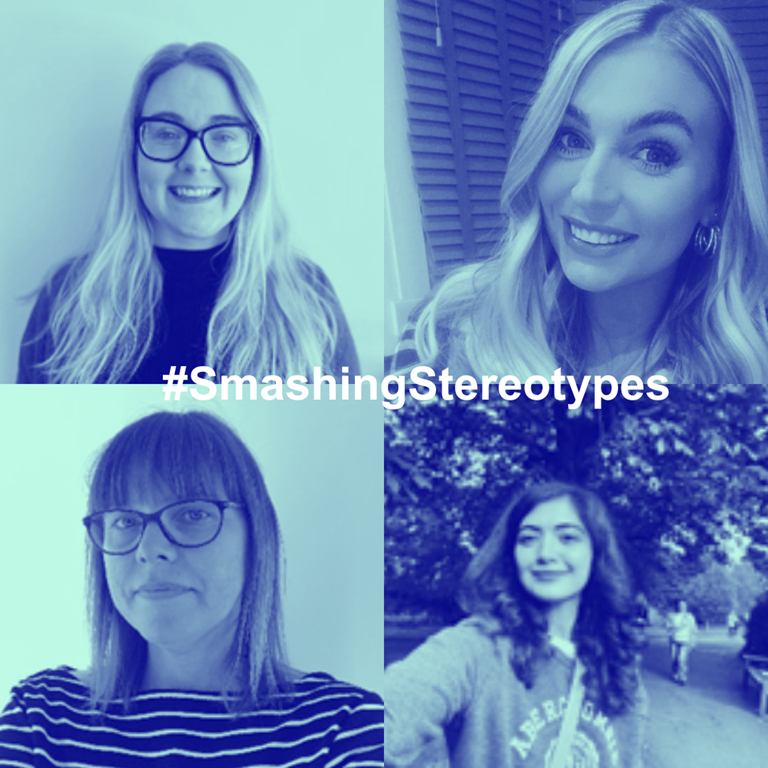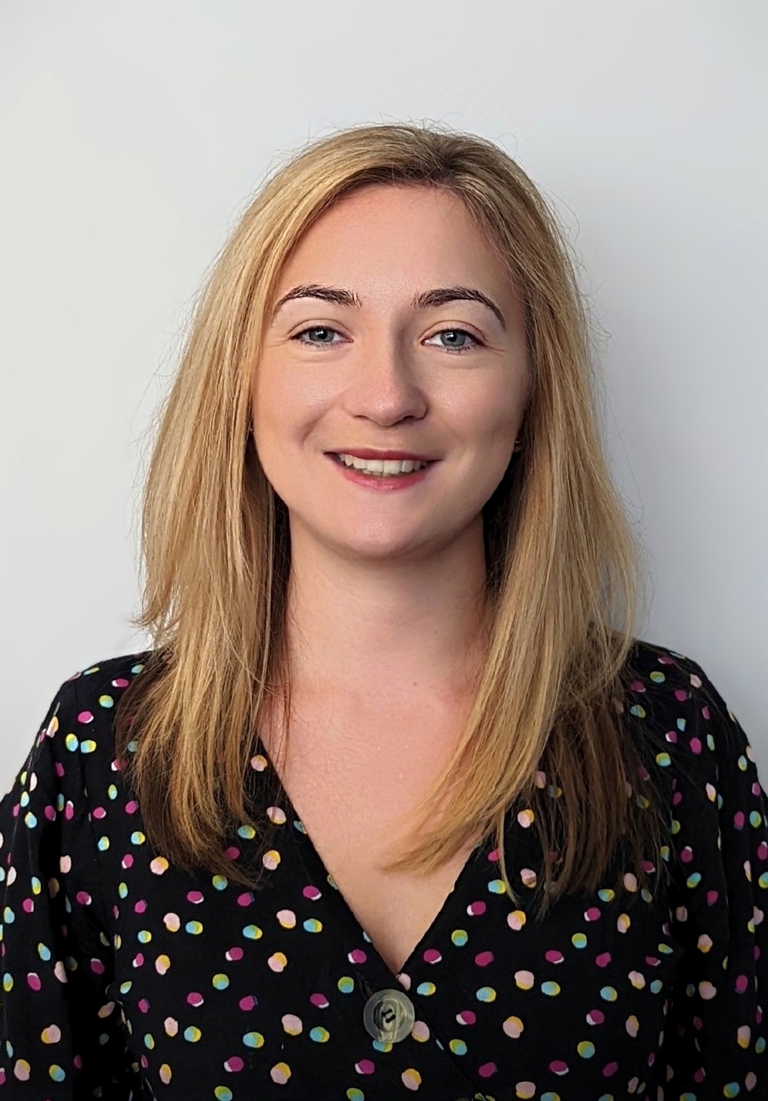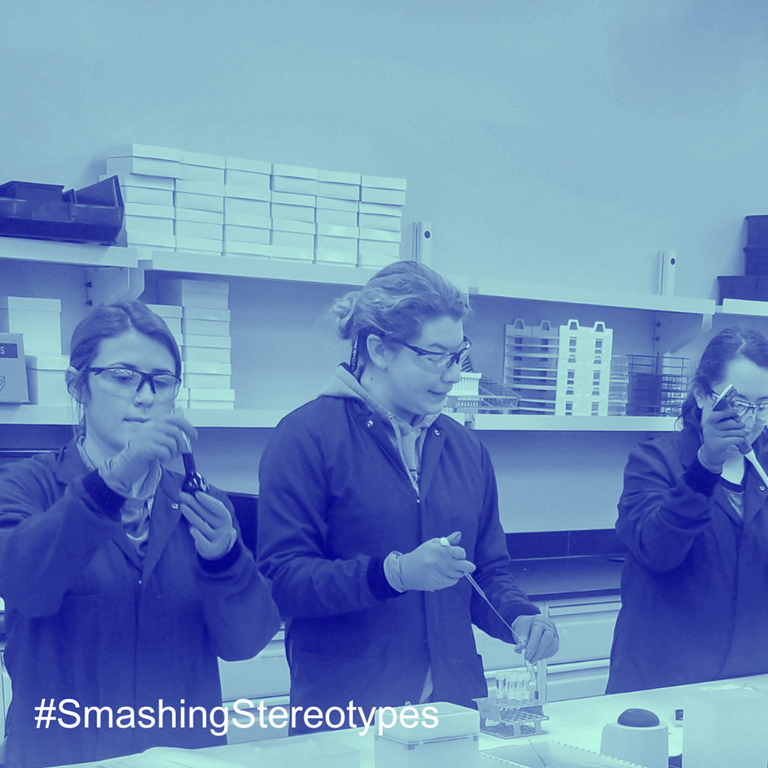Women in STEM - Engineering
Our next installment of our women in STEM series is highlighting our female engineers. Globally women make up only 16.5% of engineers, with this blog post we want to highlight our female engineers, and inspire future generations to come. Keep reading to see what some of the female engineers across our business had to share about working in their field!

 Madeline Walbert - Engineer
Madeline Walbert - Engineer
Could you start with giving a brief outline of your career and work at Croda? I started at Croda as an operations co-op at Mill Hall in 2019. In 2020 after graduating, I started full-time as a Process Engineer at Mill Hall with a focus on our super refining production. Since starting, I’ve worked on some small capital projects, process improvements and helped with commissioning the new high purity excipient facility.
What first led to your interest in engineering? My father was a Sales Engineer and I used to love hearing him talk shop on the phone growing up. I was considering studying chemistry while applying for colleges, but after his encouragement I pursued chemical engineering. I’m glad I did because I found I really liked the problem-solving aspects of engineering.
What is your favourite thing about working in engineering at Croda? Definitely the people – everyone I’ve encountered at Croda has been great to work with.
What advice would you give to girls looking to pursue a role in engineering? Don’t be afraid to ask questions – no question is a silly question, you have to learn somehow.
Alyssa Forsythe - Lead Engineer
Could you start with giving a brief outline of your career and work at Croda? I have been a Process Engineer at Croda since 2013. I have spent most of my career so far at Mill Hall, with a stint of about a year and a half at Atlas Point. Process Engineers at Croda get involved in an array of efforts, including process improvements, safety risk assessments, sustainability initiatives, new process commissioning, controls improvements, and we usually collaborate with others in the process to develop our skills.
What first led to your interest in engineering? When I was coming up through grade school, I had 2 main interests, art and science. I felt a lot of joy from the freedom and creativity that sketching, painting and sculpting generated within me. My science classes also revealed a lot of the beauty of the natural world; understanding the basic concepts of natural sciences and then applying them to predict and control things was fascinating. Engineering applies both, an in-depth understanding of the natural sciences and harnessing them in combination with a creative drive to identify opportunities (or problems) and target them.
What is your favourite thing about working in engineering? My favourite part of my role is going through the project design, installation, and commissioning of new process equipment. Process Engineers here often have the opportunity to serve as Instrumentation and Control (I&C) coordinators for projects, where we develop methods of automation and control for the process and then execute checks to ensure that the intended need was met, while ensuring the safety and efficiency of the process. This takes good foundational knowledge of both the automation and the process aspects of the project in order to better troubleshoot issues and deliver a result that meets all needs of the stakeholders in the project. Just recently, we commissioned a new plant expansion for our Super Refined™ oils department which improved on earlier technology.
What advice would you give to girls looking to pursue a role in engineering? I would give the same advice to anyone; if you have a curiosity to understand how things work and have a knack for coming up with fun solutions to simplify the way you do things (even at home) then you probably would find this to be a good fit. Also, do not think you need to fulfil a specific list of character or personality traits to pursue this. Engineers are creatives too; we just work with a different set of tools. We use what engineers create every day; why shouldn’t you be involved in that process?
 Piper DeMatte - Graduate Trainee
Piper DeMatte - Graduate Trainee
Could you start with giving a brief outline of your career and work at Croda? I have had the opportunity to wear many hats during my short time at Croda so far… I spend a lot of time communicating with the operators and other engineers at the plant to identify and resolve safety and logistical issues. These improvement ideas often lead to new project proposals, written procedure improvements, or software/logic manipulation.
What first led to your interest in engineering? I started my freshman year at Penn State as a biochemistry major and made the switch pretty quickly after learning more about the broad range of careers for Chemical Engineers. It turns out I was actually looking for chemical engineering the whole time but had no prior exposure to that field. The problem-solving process that I learned in my classes kept me interested- you can solve almost anything in a very methodical way by applying basic chemE principles to more complex problems, and I love heat exchangers!
What is your favourite thing about working in engineering? I think that there is something very rewarding about learning a lot of new skills on the fly to make good progress on a job or achieve a desirable outcome on a task. Everyone is also so helpful and friendly- it makes the challenges a lot less daunting.
What advice would you give to girls looking to pursue a role in engineering? My favourite chemical engineering professor (a woman in engineering that I look up to very much) told our class that as a woman in the field, you have to maintain very meticulous and deliberate attention to detail in the way you carry yourself, the way you speak, and the way you present information in addition to your typical attention to detail in your work. It is equally important for all professionals to be simultaneously self-assured and open to criticism/feedback; however, women tend to walk a very thin line to compensate for snap judgements that may be made about them when they are the minority group in a technical environment. Other than that, always go to office hours and never be hesitant to ask questions or reach out to someone you look up to in your field!


